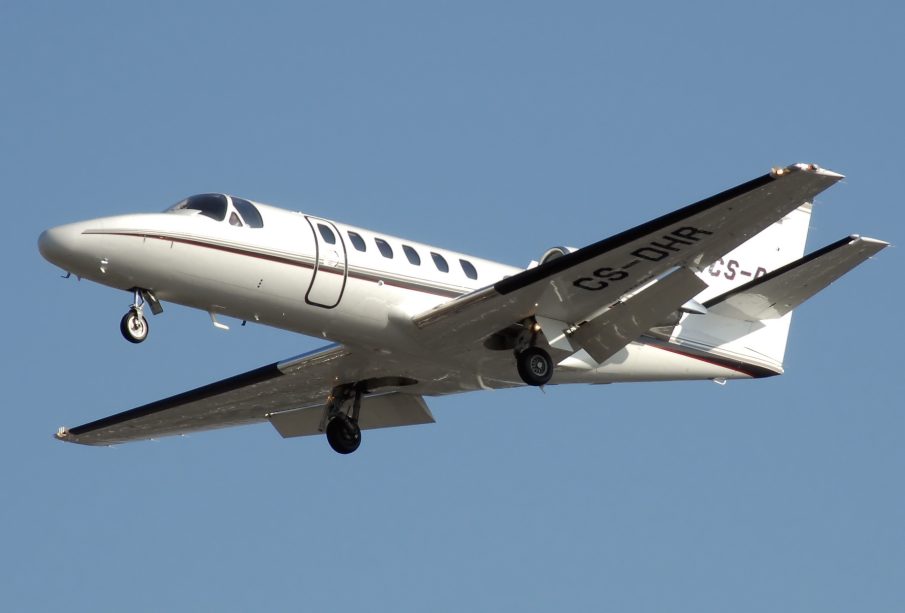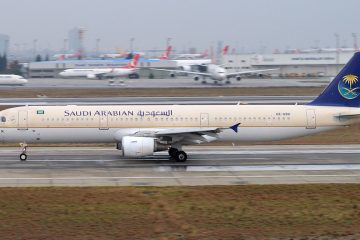The Cessna 550: A Versatile Business Jet for Modern Aviation

Introduction
The Cessna 550, also known as the Citation II, has established itself as a significant player in the business aviation sector since its introduction in the 1980s. Renowned for its reliable performance, comfortable cabin, and operational efficiency, the Cessna 550 continues to be a preferred choice for corporate travel and private owners alike. As organisations and individuals increasingly seek efficient travel options in a post-pandemic world, understanding the relevance and capabilities of the Cessna 550 becomes essential.
Overview and Features
The Cessna 550 is a twin-engine jet with a range of approximately 1,500 nautical miles, allowing for non-stop flights across the United States and into parts of Canada and Mexico. The aircraft is equipped with a spacious cabin that can comfortably accommodate up to eight passengers, making it ideal for business trips or family travel. Key features include:
- Performance: The Cessna 550 boasts a maximum cruise speed of around 400 knots and can operate from shorter runways compared to larger jets, enhancing its versatility in various airport environments.
- Comfort: The aircraft offers a well-appointed cabin, often featuring leather seating, galley service options, and a lavatory for added convenience.
- Operational Costs: With efficient fuel consumption and maintenance schedules, the Cessna 550 presents a cost-effective solution for private aviation.
Recent Developments
As of 2023, the market for business jets, including the Cessna 550, has seen a resurgence in demand fueled by the desire for greater flexibility and safety during travel. Reports indicate that sales of pre-owned Cessna 550s have increased, as businesses and individuals seek reliable aircraft that offer excellent value. Furthermore, a notable shift towards sustainability within the aviation sector has encouraged manufacturers and owners to explore more sustainable operational practices, which the Cessna brand is adapting to through potential retrofitting options for eco-friendly technology.
Conclusion
The Cessna 550 remains a significant asset in the landscape of business aviation, appreciated for its combination of performance, comfort, and operating efficiency. As more users turn to private aviation for travel convenience, and in the face of evolving industry demands, the Cessna 550 is positioned to remain a reputable choice. Looking ahead, advancements in aircraft technology and a growing focus on sustainability will likely shape the future of the Cessna 550 and similar aircraft, ensuring they continue to meet the needs of modern travellers.









